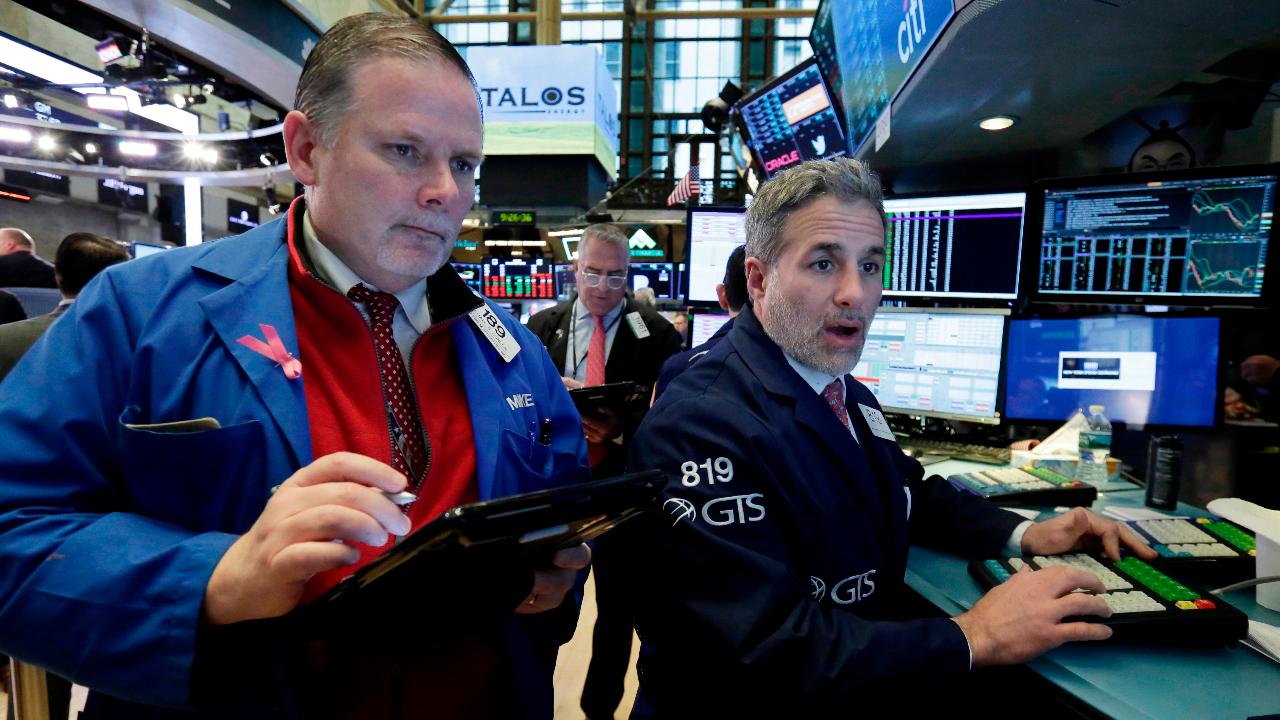August was a volatile month for stocks, but September could be worse
Investors may breathe a sigh of relief that August, typically a volatile month for stocks, is over, but history shows that September could be even worse for Wall Street.
Since 1950, September has been the worst month for the S&P 500 Index, which has dropped, on average, 0.5% during the month, a phenomenon referred to as the September effect. According to Dow Jones market data, the average decline of the Dow Jones Industrial Average in September is 1%, while the Nasdaq Composite generally sees an average fall of 0.5%.
“August was a burst of volatility for most investors, and we expect that to continue in September,” LPL Financial senior market strategist Ryan Detrick said in an analyst note on Friday.
Markets enter the month expecting a second rate cut by the Federal Reserve but weighed down by uncertainties surrounding the U.S.-China trade war, as well as fears that slowing global growth could spill over into the U.S.
August, the worst month for the major indexes since May, was already tumultuous for investors.
The volatility began Aug. 1, when President Trump announced his administration intended to impose a 10% tariff on $300 billion worth of Chinese goods, the latest escalation in the year-long trade war between the world’s two largest economies. Amid the heightened tensions, both countries continued to hit back at each other with tariffs over the course of the month.
The two sides are still discussing whether to proceed with talks previously scheduled for September, but any positive developments in the trade war could provide a boon to the markets.
The September effect, however, is largely an anomaly — there’s no specific reason that stocks perform poorly in this month.
It might not be an entirely dark outlook for investors, either. September’s track has been moderately better lately, with the S&P averaging a 0.9% gain over the past 10 years. Plus, the past 15 times that stocks ended lower in August, the rest of the year was higher every time, Detrick said in the note.
“Nonetheless, we continue to expect volatility to continue, especially since more defensive areas of the market are leading right now,” the note said.




















